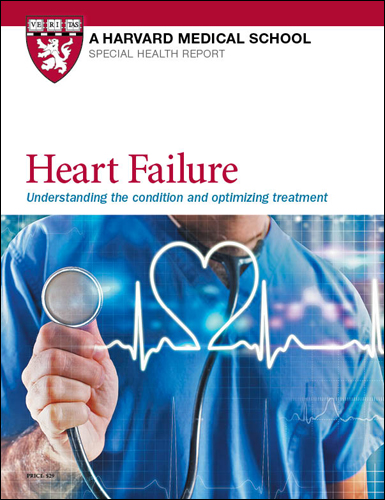Low-dose aspirin: Little benefit for people without prior heart attack
Research we're watching

If you do not already have heart disease and are 60 or older, don't start taking low-dose aspirin to prevent a heart attack or stroke. If your age is in the range of 40 to 59, discuss with your doctor if you should consider an aspirin regimen.
These recommendations, outlined in a draft statement issued by the U.S. Preventive Services Task Force in October 2021, stem from studies showing that for most people without heart disease, the risk from low-dose aspirin cancels out its potential heart-protecting power. Aspirin helps prevent blood clots that can cause a heart attack or stroke, but the drug can also cause serious bleeding in the gastrointestinal tract and brain.
The recommendations aren't news to most cardiologists. In 2019, the American Heart Association and American College of Cardiology released similar guidelines, noting aspirin's lack of net benefit for most people without known heart disease. But daily low-dose aspirin still makes sense for most people with heart disease. The July 2021 Heart Letter feature "Advice about daily aspirin" has more detailed information.
Image: © dszc/Getty Images
About the Author

Julie Corliss, Executive Editor, Harvard Heart Letter
Disclaimer:
As a service to our readers, Harvard Health Publishing provides access to our library of archived content. Please note the date of last review or update on all articles.
No content on this site, regardless of date, should ever be used as a substitute for direct medical advice from your doctor or other qualified clinician.
















